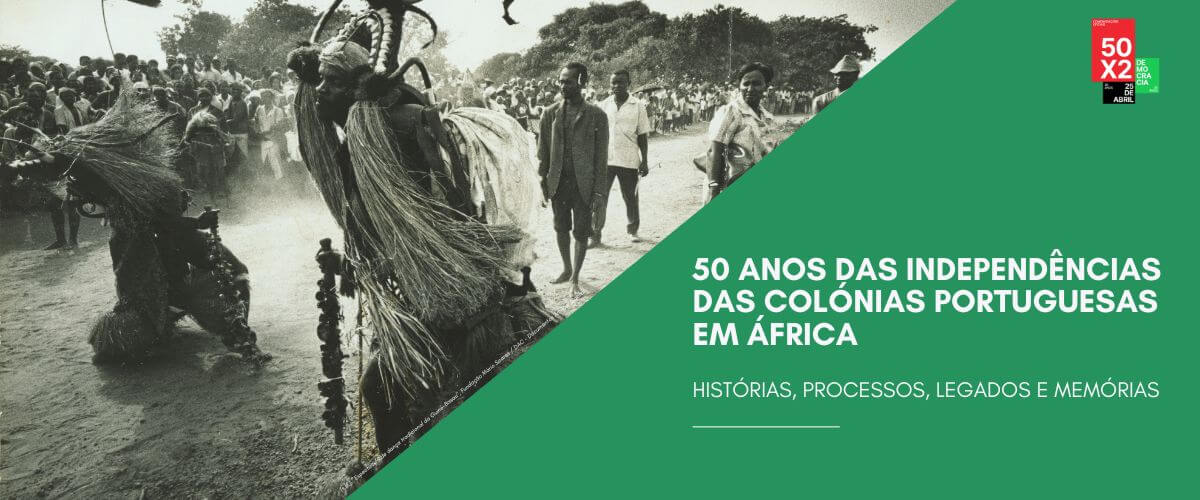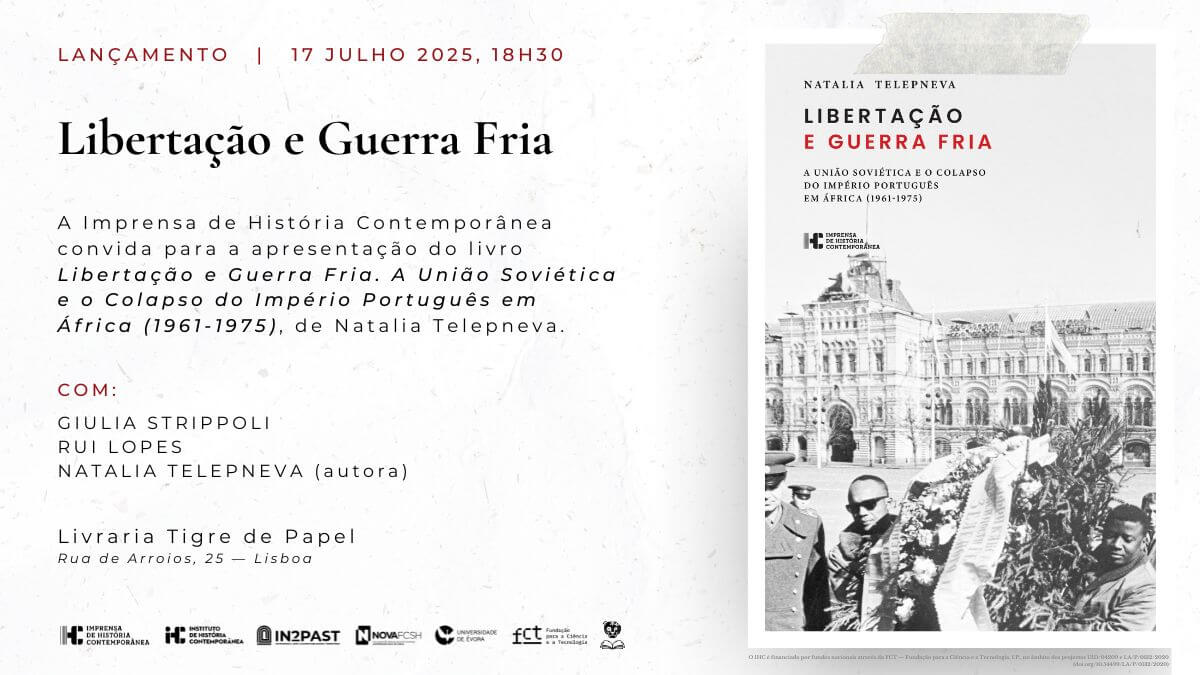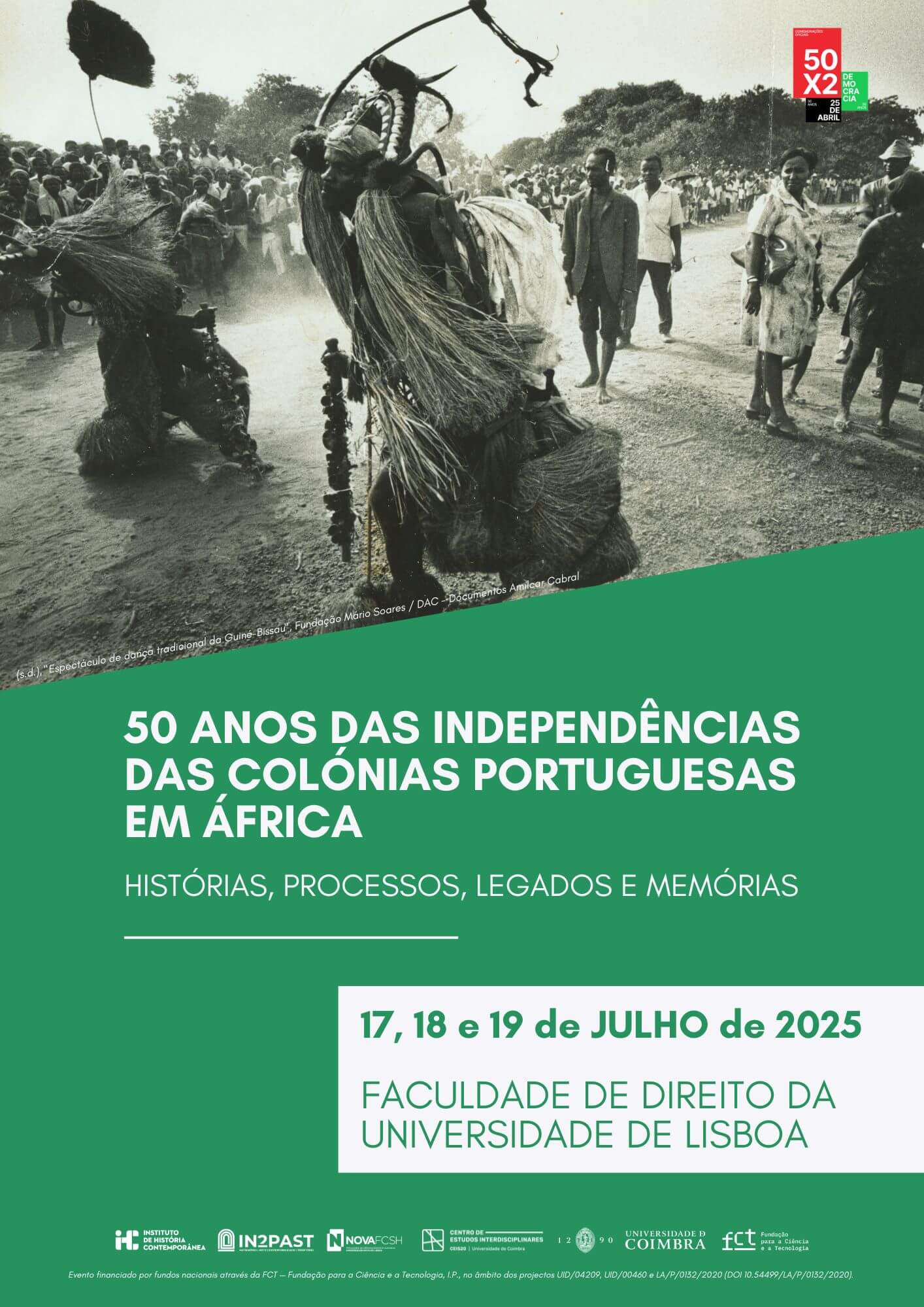
The History of Hayden White
Aug 5, 2019 | Other publications, Publications

Editorial – The history of Hayden White
- José Neves
- 2018
- Práticas da História – Journal on Theory, Historiography and Uses of the Past
- Number6
- 7-14 p.
- Language: English
- ISSN: 2183-590X
Editorial for the special issue dedicated to “The History of Hayden White“.
Excerpt:
This special issue of the journal Práticas da História – Journal on Theory, Historiography and Uses of the Past was organised upon hearing news of Hayden White’s death – born in 1928, in the U.S.A., White would live there for most of his life and there he died, on March 2018. Over a period of more than half a century, his interventions were pivotal to ongoing debates on the limits and benefits of History as a discipline, to the extent that it is difficult to tell whether White placed himself in the eye of the storm or his interventions were the storm itself. The way he formulated the question of the literary dimension of history writing, in his monumental 1973 Metahistory: The Historical Imagination in Nineteenth-century Europe, was exemplarily provocative. It come a few years after his essay “The burden of history” had tried to persuade historians of the ineluctable moral implications of their practice, regard-less of how much of a semblance of neutrality the embrace of scientific methods seemed to afford them.
Keywords:
Hayden White, Historiography, Metahistory
Other publications
Search
Events
julho, 2025
Tipologia do Evento:
Todos
Todos
Colloquium
Conference
Conference
Congress
Course
Cycle
Debate
Exhibition
Launch
Lecture
Meeting
Movie session
Open calls
Opening
Other
Presentation
Round table
Seminar
Showcase
Symposium
Tour
Workshop
- Event Name
seg
ter
qua
qui
sex
sab
dom
-
1
2
3
4
5
6
7
8
9
10
11
12
13
14
15
16
17
18
19
20
21
22
23
24
25
26
27
28
29
30
31

Detalhes do Evento
On the multiple dimensions – histories, processes, actions, memories and postcolonial legacies – of these independences that changed the configuration of global politics in the second half of the 20th
Ver mais
Detalhes do Evento
On the multiple dimensions – histories, processes, actions, memories and postcolonial legacies – of these independences that changed the configuration of global politics in the second half of the 20th century.
50 Years of the Independence of Portuguese Colonies in Africa:
Processes, Legacies and Memories
In 2025, four former Portuguese colonies in Africa (Angola, Cape Verde, Mozambique, São Tomé and Príncipe) will celebrate the 50 th anniversary of their independence, joining Guinea-Bissau which, two years earlier (in September 1973), had unilaterally proclaimed the state of Guinea, formally accessing independence on September 10, 1974. In fact, the complex negotiation processes that opened the door to independence of these territories that had been dominated by Portugal for centuries were not straightforward. Thus, from the Unilateral Declaration of Independence of Guinea (an important precedent at international level) to the opening of negotiation processes in the cases of Angola, Cape Verde, Mozambique and São Tomé and Príncipe complex and important geopolitical and transnational webs were established, in the African and global context of the Cold War and the aftermath of the Sino-Soviet split, which are worth analysing.
The aim of this International Conference is to mark the 50 th anniversary of these transcendental events for the lives of African territories once colonized by Portugal, some of whom (Guinea-Bissau, Angola and Mozambique) endured devastating liberation wars/colonial wars. These struggles for emancipation are part of a long history of resistance by the peoples subjected to imperial exploitation, forced labour, racism and colonialism. As it is well known, the processes that led to independence generated multiple dynamics and ramifications which, on the one hand, went beyond the main borders of each territory; on the other, produced internal and external interactions, with various elements and constraints, combining the international context of the time with internal demands for political sovereignty by the colonized peoples.
In this sense, independence should not be interpreted as an isolated historical event, nor as a linear and homogeneous event. There is a specific historicity that characterizes independence processes in each of the territories, processes that are marked by several and diverse complexities. So much so that we cannot separate independence from the struggles of the liberation movements, anti-colonialism, the revolutions in the Third World, anti-imperialism and the struggle against dictatorship and fascism in Portugal. In short, independence resulted from various struggles carried out by the liberation movements on different fronts. Their actions also contributed to the Revolution of April 25, 1974, and, consequently, to the fall of the fascist dictatorship in Portugal.
Call for Papers
After 50 years of these historical events that led to the emergence of new nation-states, this international conference aims to reflect on the multiple dimensions – histories, processes, actions, memories and postcolonial legacies – of these independences that changed the configuration of global politics in the second half of the 20th century. As such, proposals are invited for contributions on topics such as:
- Independence struggles (concepts, political, cultural and social contexts);
- Independence struggles, anti-colonialism, anti-imperialism and Third World revolutions;
- International solidarity with the former Portuguese colonies and intersections with other anticolonial struggles in the context of the Cold War;
- Actors, activists and independentist organizations;
- Gender, education and popular mobilization in the struggles for independence;
- Arts, artivism and cultural manifestations in the struggles for independence;
- Contribution from independence struggles to the fall of Portuguese dictatorship;
- Decolonization after 25 April 1974;
- Building new African nation-states and neo-colonialism;
- Colonial legacies in independent African countries and Portugal;
- Civil wars and democratic transition in independent African countries;
- The construction of memory in independent African countries and Portugal.
Abstracts for presentations (200 words) and a biographical note (250 words) should be sent to the following email: independencias50anos@gmail.com
Deadline for submissions: 15 December 2024
Notification of acceptance: 30 January 2025
Conference languages: Portuguese, English and French
>> Download the call for papers (PT / FR / EN, PDF) <<
Keynote speakers:
Maria da Conceição Neto (Universidade Agostinho Neto)
Severino Elias Ngoenha (Universidade Eduardo Mondlane)
Organisingg Committee:
Aurora Almada e Santos (IHC — NOVA FCSH / IN2PAST)
Julião Soares Sousa (CEIS 20 — Universidade de Coimbra)
Raquel Ribeiro (IHC — NOVA FCSH / IN2PAST)
Víctor Barros (IHC — NOVA FCSH / IN2PAST)
Scientific Committee:
Gabriel Fernandes (Universidade de Santiago)
Jean Martial Arséne Mbah (Investigador, Doutorado em História Contemporânea)
Jean-Michel Mabeko-Tali (Howard University)
Marçal de Menezes Paredes (Pontifícia Universidade Católica do Rio Grande do Sul)
Maria Nazaré de Ceita (Universidade de São Tomé)
Michel Cahen (Sciences Po Bordeaux)
Miguel Cardina (Universidade de Coimbra)
Odete Semedo (Instituto Nacional de Estudos e Pesquisa, Guiné-Bissau)
Pedro Aires Oliveira (IHC — NOVA FCSH / IN2PAST)
Teresa Cruz e Silva (Universidade Eduardo Mondlane)
Tempo
julho 17 (Quinta-feira) - 19 (Sábado)
Localização
University of Lisbon School of Law
Alameda da Universidade — Cidade Universitária — 1649-014 Lisbon
Organizador
Institute of Contemporary History — NOVA School of Social Sciences and Humanities and CEIS20 - Centre for Interdisciplinary Studies — University of Coimbra

Detalhes do Evento
Launch of the third book of the series Trânsitos of the Imprensa de História Contemporânea, authored by Natalia
Ver mais
Detalhes do Evento
Launch of the third book of the series Trânsitos of the Imprensa de História Contemporânea, authored by Natalia Telpneva.
Libertação e Guerra Fria
A União Soviética e o Colapso do Império Português em África (1961-1975)
O livro será lançado, com a presença da autora, Natalia Telpneva, e apresentação por Giulia Strippoli e Rui Lopes.
Sobre o livro:
Este livro estuda os revolucionários africanos que lideraram lutas armadas em três colónias portuguesas — Angola, Moçambique e Guiné-Bissau — e as suas ligações a Moscovo, Praga, Berlim Oriental e Sófia. Ao reconstruir uma história multidimensional que se concentra tanto no impacto da União Soviética no fim do Império Português em África como no efeito das lutas anti-coloniais na União Soviética, Natalia Telepneva preenche uma importante lacuna na história dos movimentos anti-coloniais e das rivalidades da Guerra Fria na África Subsariana. Com base em fontes arquivísticas recentemente disponibilizadas na Rússia e na Europa Oriental e num conjunto de entrevistas, a autora enfatiza a agência dos líderes da libertação africana através das suas relações com membros de nível médio da burocracia soviética. Reinterpretação inovadora das relações forjadas entre os revolucionários africanos e os países do Pacto de Varsóvia, Libertação e Guerra Fria: A União Soviética e o colapso do império português em África (1961-1975) é uma contribuição fundamental para os debates sobre as políticas em jogo no Sul Global durante a Guerra Fria.
Sobre a autora:
Natalia Telpneva é professora de História Internacional na Universidade de Strathclyde (Glasgow). Os seus interesses de investigação incluem a história da União Soviética e da Guerra Fria e a história do socialismo, especialmente em África. Presentemente trabalha sobre as relações militares soviéticas com o continente africano.
Tempo
(Quinta-feira) 6:30 pm - 8:00 pm
Localização
Livraria Tigre de Papel
Organizador
IHC Press and Tigre de Papel Bookstore
News
RESONANCE project studies performance in the revolutionary period
Jul 16, 2025
RESONSANCE is coordinated by Hélia Marçal
Manuel Loff receives Porto’s Medal of Merit
Jul 14, 2025
He was one of the personalities honoured by Porto City Council
Ricardo Noronha leads team to study “petromodernity”
Jul 7, 2025
The PETROSINES project was one of the six History projects that received funding from the FCT
CONTACTS
WORKING HOURS

































































































































